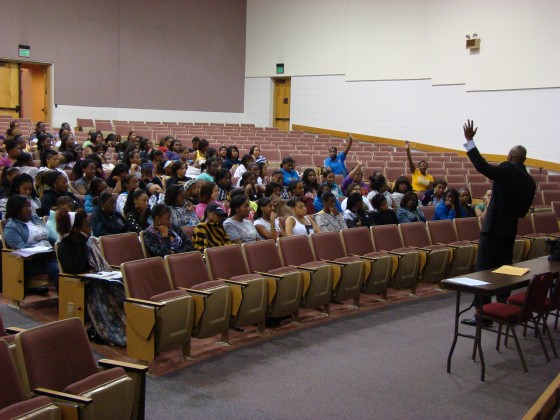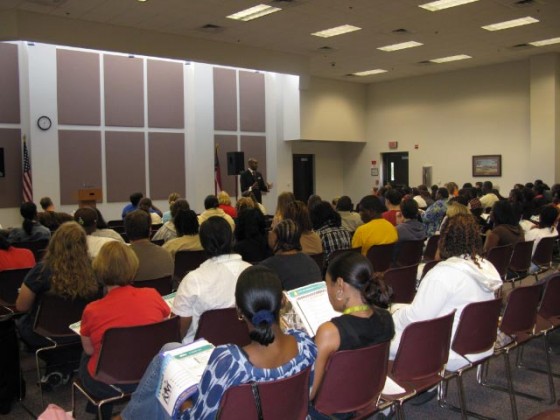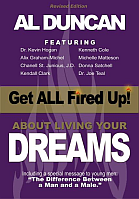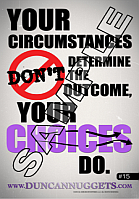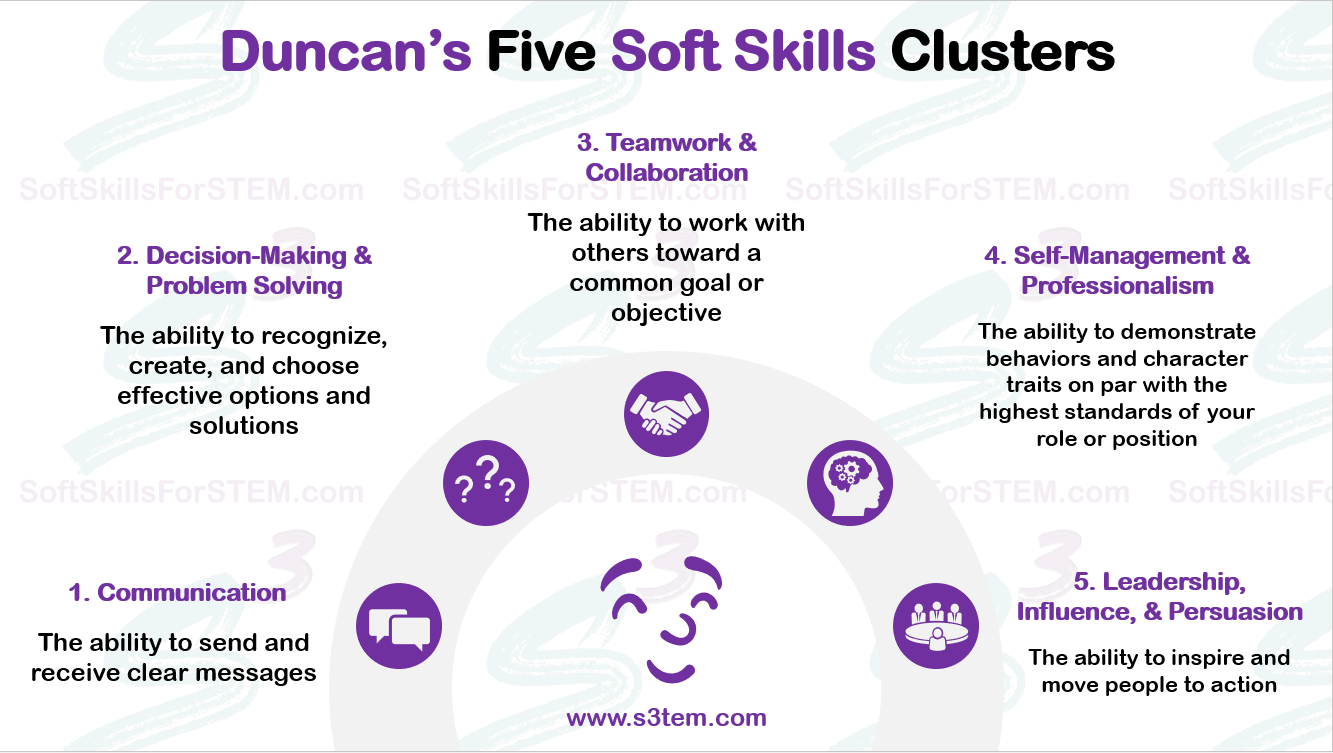Dealing with Conflicts
Whether it’s the parents fussing at the kids, students snapping on professors (not smart at all), or couples fussing at each other, conflict and arguments often end with a stack of hurt feelings and enraged people.
It’s okay to say things like: “I don’t like what you did (or said). To me, it was a stupid thing to do.”
It’s not cool to say things like: “How stupid can you be?! You’re a real idiot!” (Well…I guess it’s cool if he or she really is an idiot.)
When resolving conflicts, be sure to focus on the issue, not the individual; the problem, not the person.
A person is not his or her behavior. THINK about that.
It’ll be easier to resolve the issue or the problem, if you avoid making value judgments about the person. This is especially true when dealing with at-risk youth, defiant teens, and people with big egos.
WANTED: Education Leaders
Harvard has a new doctoral degree to be focused on leadership in education and…it’s FREE. Read the article by NY Times Op-ED columnist, Bob Herbert.
Op-Ed Columnist – In Search of Education Leaders – NYTimes.com
Note: Thanks to Andrew Manns for the heads up.
Public Speaking Tips 4: Where are your eyes?
continued from part 3
There are thousands (maybe millions) of tips on the web for improving your public speaking skills. Some are absolutely garbage, like:
“Don’t really look at people. Just find a spot in the back of the room and focus on that.”
Public Speaking Tips 3: An Over-Looked Secret for an Awesome Opening
continued from part 2
It’s a packed house. The audience is waiting to hear from you and you have prepared an outstanding talk. You’re ready to hit them with an opening that’ll make‘em say “Wow!”
And then…
Before you even have a chance to open your mouth, things start to fall apart.
People in the audience are getting restless and bored. You see too many yawns to count. Others are getting irritated. It’s killing you, but you can’t do anything about it right now.
Duncan Nugget® #65: Warning Signs
“It is only after long-term lack of recognition that simple signals and obvious warning signs become complex challenges and seemingly insurmountable obstacles. Work on problems as soon as they begin to develop.” – Al Duncan
- Topics: Character DevelopmentDuncan NuggetsGrit, Perseverance, DiligencePersonal DevelopmentProfessionalSelf-Awareness & PurposeSoft SkillsYoung Adult
Millennials Cope with Job Loss: Innovation and a Walk on the Bright Side
“Being laid off isn’t necessarily a negative thing. It’s an opportunity to find something that’ll inspire you and make you happy in the long run.”
–Chris Hutchins
Creator of LaidOffCamp
Unless you live under a rock–on Mars–you’ve heard about the crushing unemployment rate. There has been a good deal of speculation as to what effect this will have on the Millennials.
Will they be able to stay in school?
Will they stop spending their money? (But aren’t grad school, college, and high school students broke? Define broke.)
Will they lose their jobs?
I’ve seen examples of yes and no answers to all three of those questions. Regardless of the example, however, the result has always been the same: Millennials being innovative and looking on the bright side. There are some lessons to be learned from watching Millennials cope with job loss.


